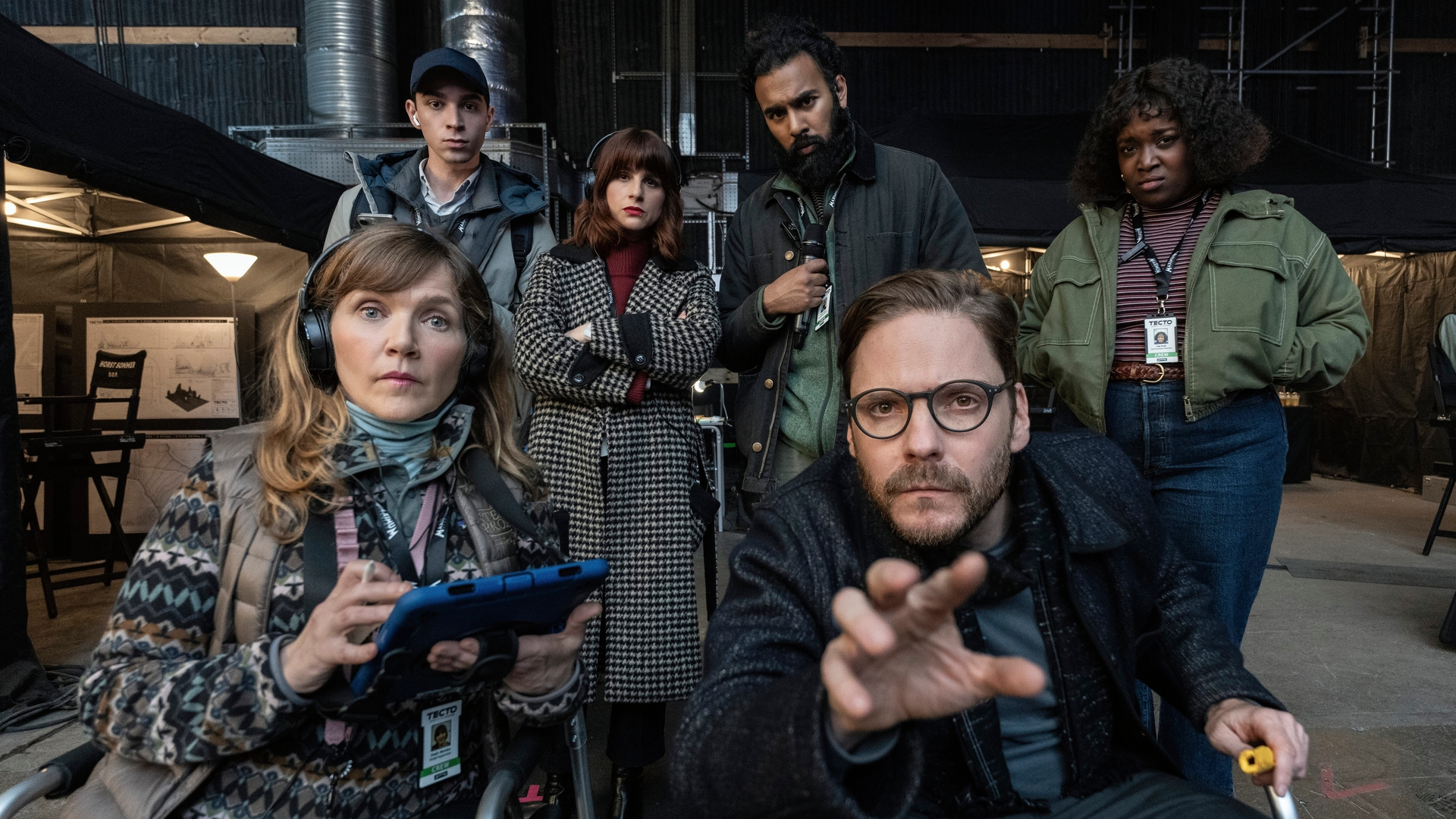
In context: It's time for workplaces to recognize the value of gaming and the skills it cultivates, such as social interaction, creativity, teamwork, empathy, improved memory, and a sense of competition, according to lecturer Jesse Olsen. Other hobbies like sports nurture similar traits, but people who engage in sports are proud to fly their flags at work. Gamers should feel the same pride in their hobby.
For better or for worse, gamers have a reputation of being unproductive and disengaged from society – traits that are not valued in most business environments. This reputation is not only unfair , according to Jesse Olsen, a senior lecturer at the University of Melbourne, but it also hurts businesses that believe it. Research is challenging long-held assumptions about video gaming in the workplace.

Gaming is increasingly recognized for its ability to develop cognitive, social, and emotional abilities – soft skills that are valued in a business environment, especially as organizations face rapid changes and challenges. In fact, Olsen argues that gaming is at least as positive a signal of employee potential as participating in sports, volunteering, cooking, and other hobbies. "It's time to challenge outdated assumptions, recognize the value gaming can bring to the workplace, and do something about it," he said.
Different types of games offer various benefits. Board games encourage social interaction and promote a balance between competition and cooperation, which, Olsen said, is not unlike sports, and very much like how a business operates. Tabletop role-playing games like Dungeons & Dragons promote creativity, teamwork, and empathy.
There is "evidence that the stereotypes and assumptions about these gamers as socially awkward and anxious introverts are simply untrue. It's actually quite the opposite," Olsen said. One study following 25 adults playing D&D regularly over a year observed decreased anxiety, stress, and depression, along with increased self-esteem and self-efficacy.
Another comparison of 801 individuals found that D&D players exhibited higher extraversion, openness to experience, and emotional stability compared to non-players. Video games can improve cognitive skills such as reaction times, processing speeds and better memory, while also aiding in stress management by boosting resilience. This is not new thinking, Olsen noted, pointing to a ten-year-old study by Michael Shrage, then a visiting fellow at MIT, who found that massively multiplayer online roleplaying games – World of Warcraft and Minecraft – promoted cognitive and social skills, as well as adaptability and self-discipline.
"Shrage noted the irrational stigma that was typically associated with gaming and called on managers to move past their ignorance, set aside their elitist ways, and embrace the gamer," Olsen said. That didn't happen. Many businesses today remain either unimpressed or unaware of the evidence supporting gaming's benefits.
These workplaces still stigmatize the activity. Job seekers are often advised to avoid mentioning gaming experiences on resumes or in interviews, unless they are seeking a job within the gaming industry itself. Simply put, managers do not view gaming as an activity with potential work-related benefits as they would, say, a volunteer coach for a children's sports league.
"So as long as this perception persists among hiring managers and senior executives, gamers will continue to hide their passion, while other hobbyists feel no such inhibition," Olsen said. Olsen repeats a call for managers to reject this line of thinking. They can start by asking potential hires about their gaming experience and its relevance to the job.
"My advice isn't actually to hire just any gamers, but rather to hire gamers with the capability to recognize the value of their gaming experience," he said. Also, normalizing gaming conversations in the workplace can help, such as discussing gaming strategies or organizing game nights. Finally, leaders can set an example by participating in gaming activities themselves.
"Nothing signals acceptance of gamers like being a gamer – or at least playing a game," Olsen said..














